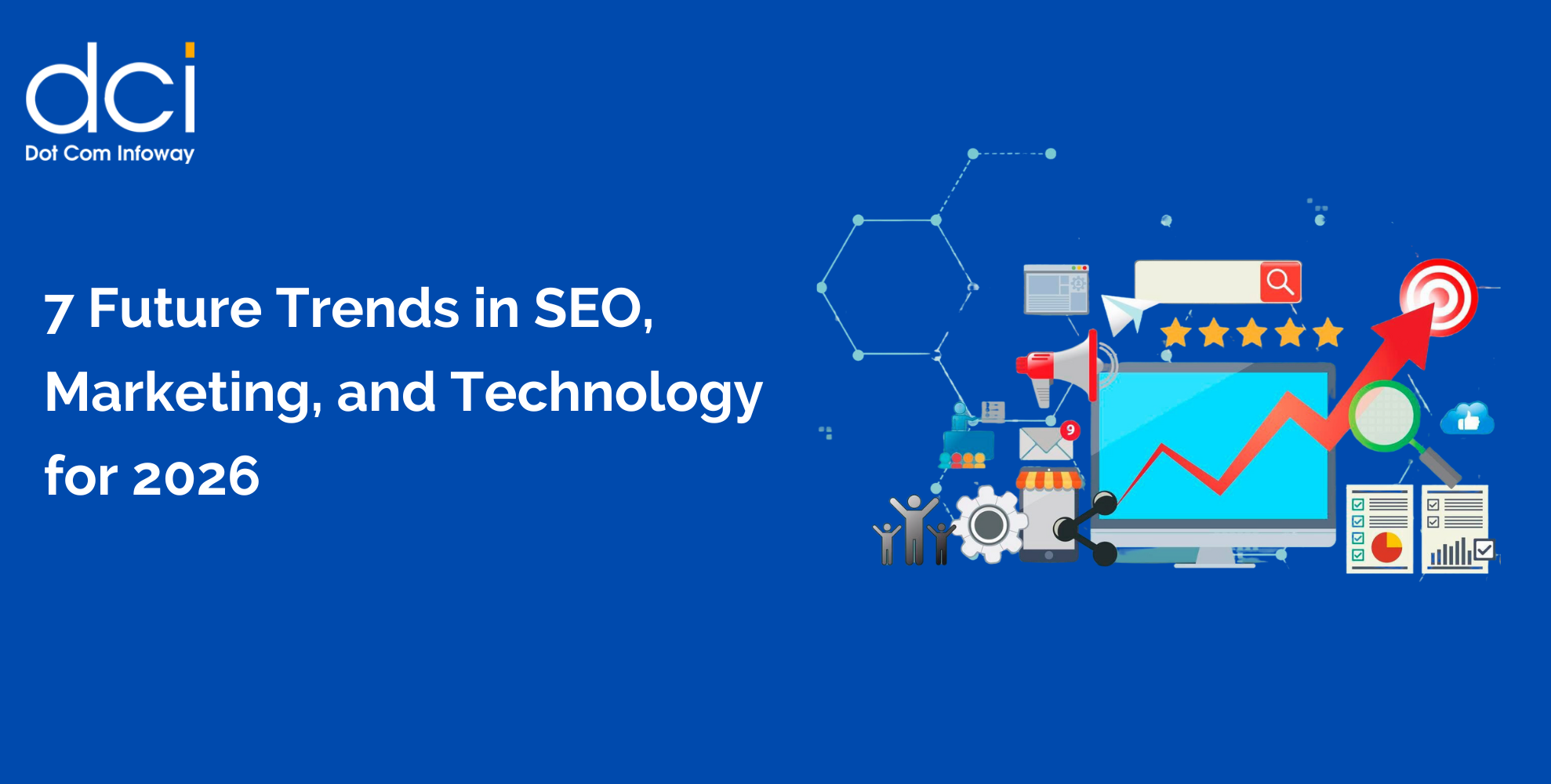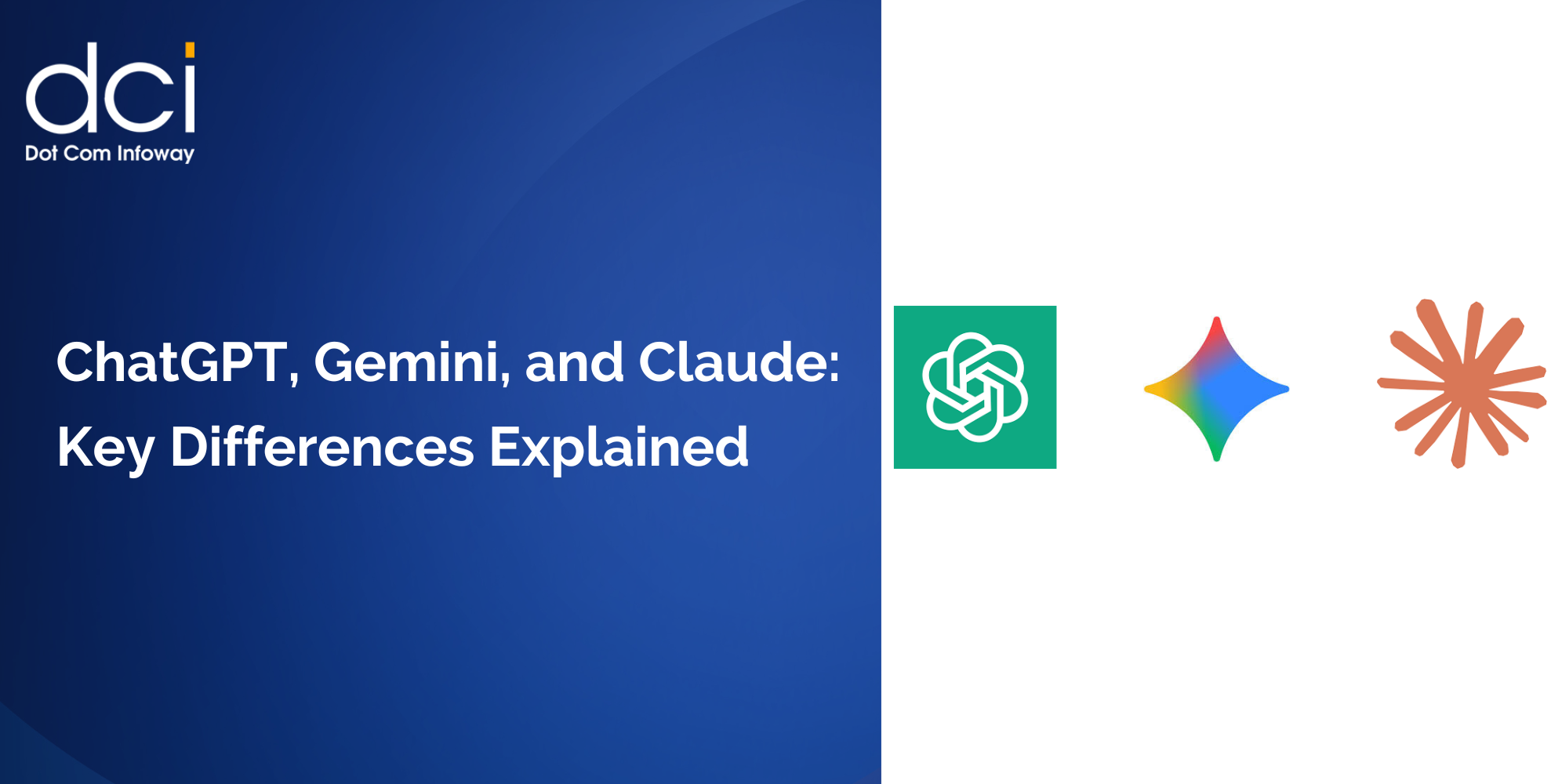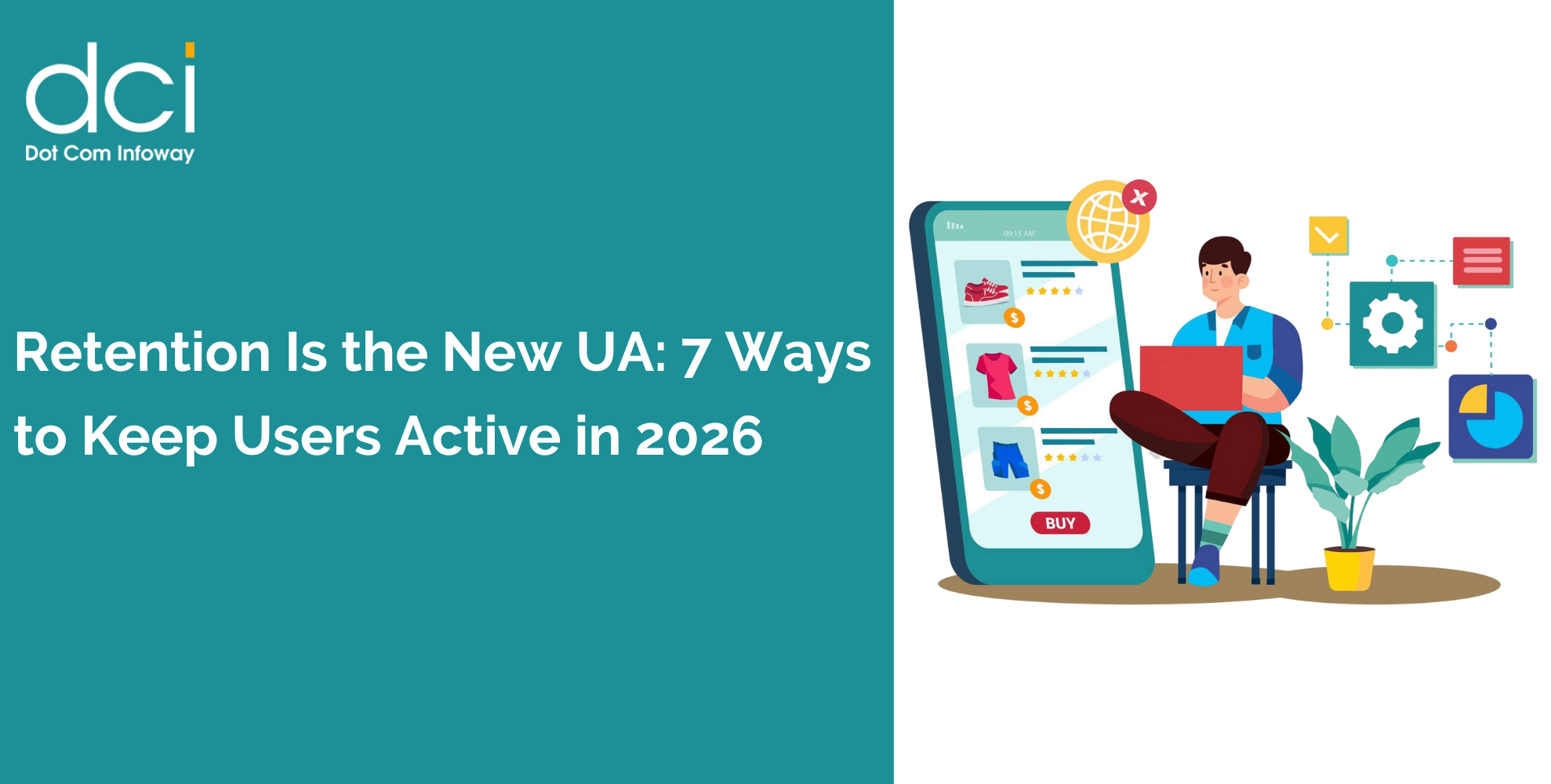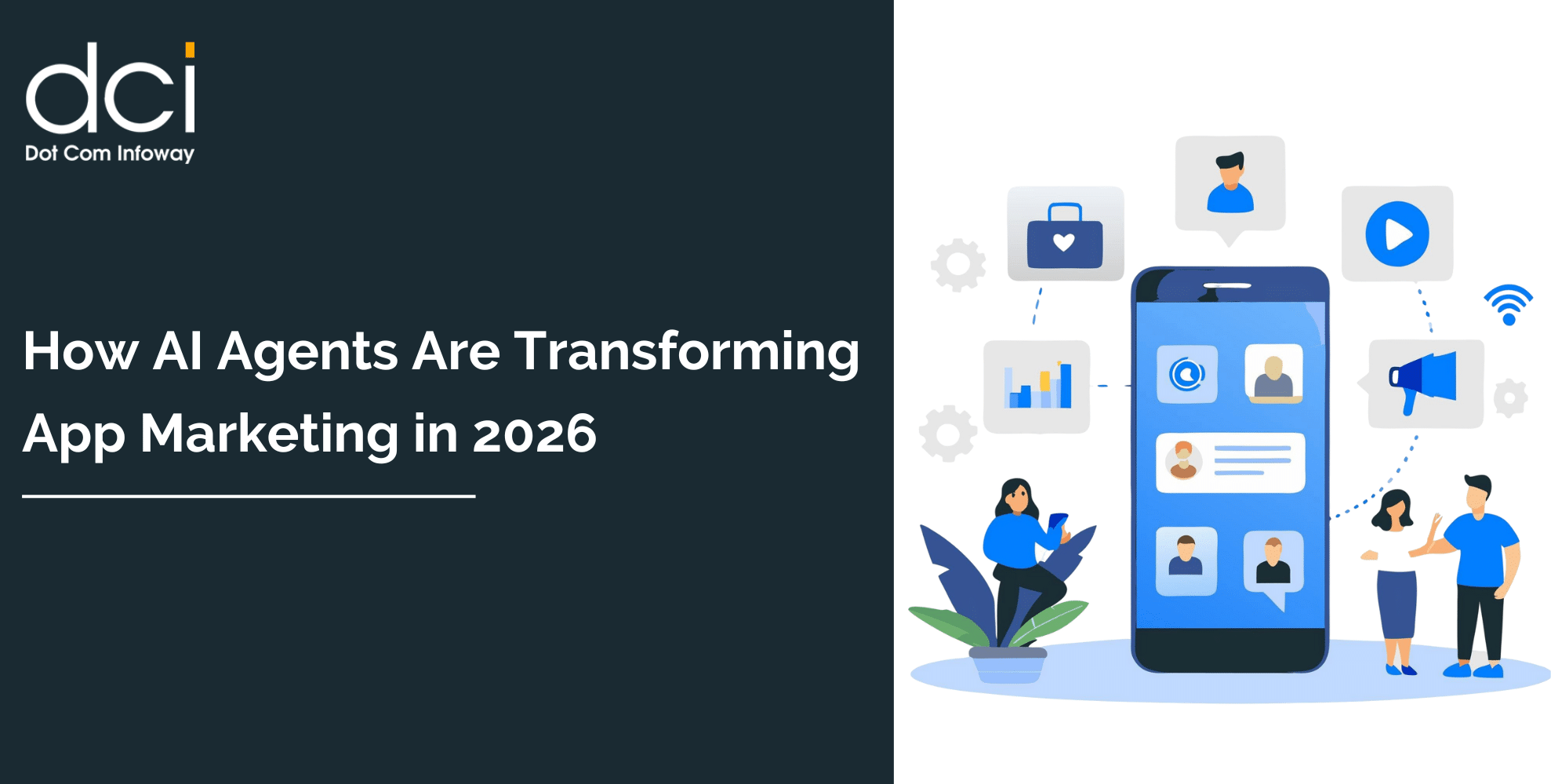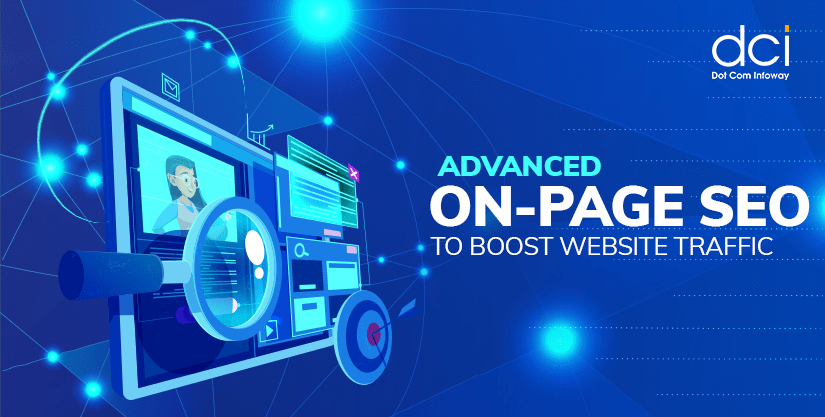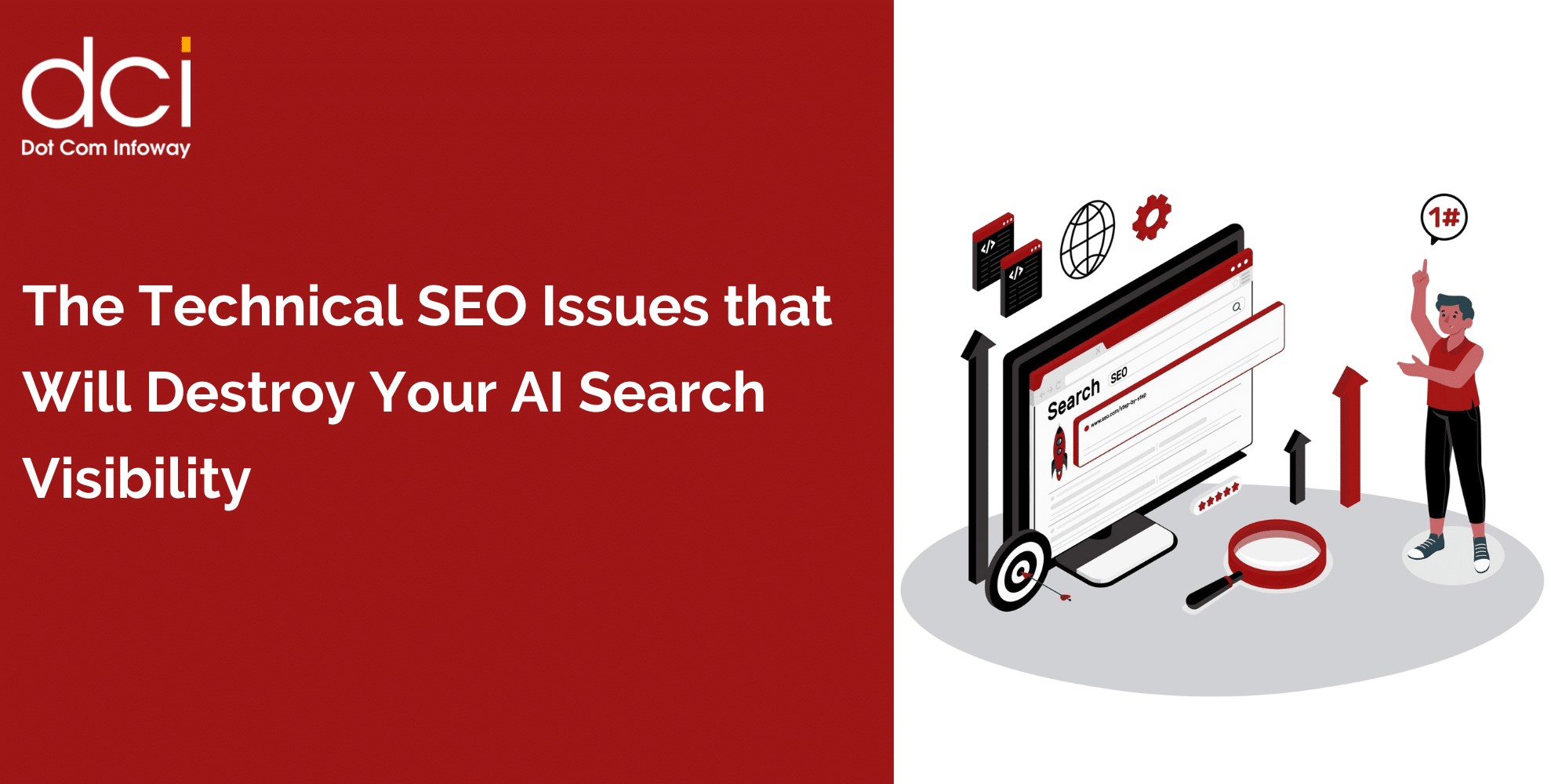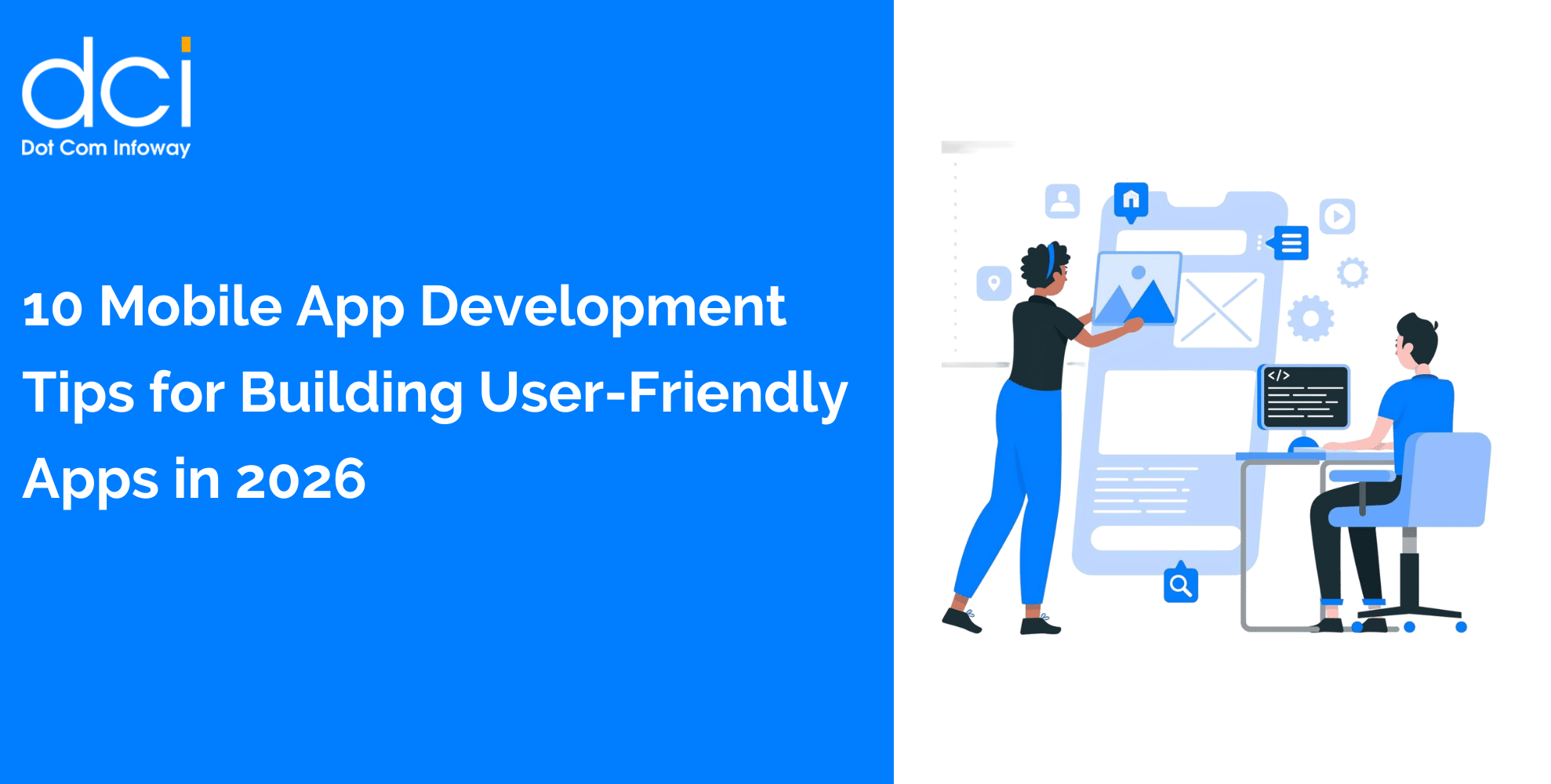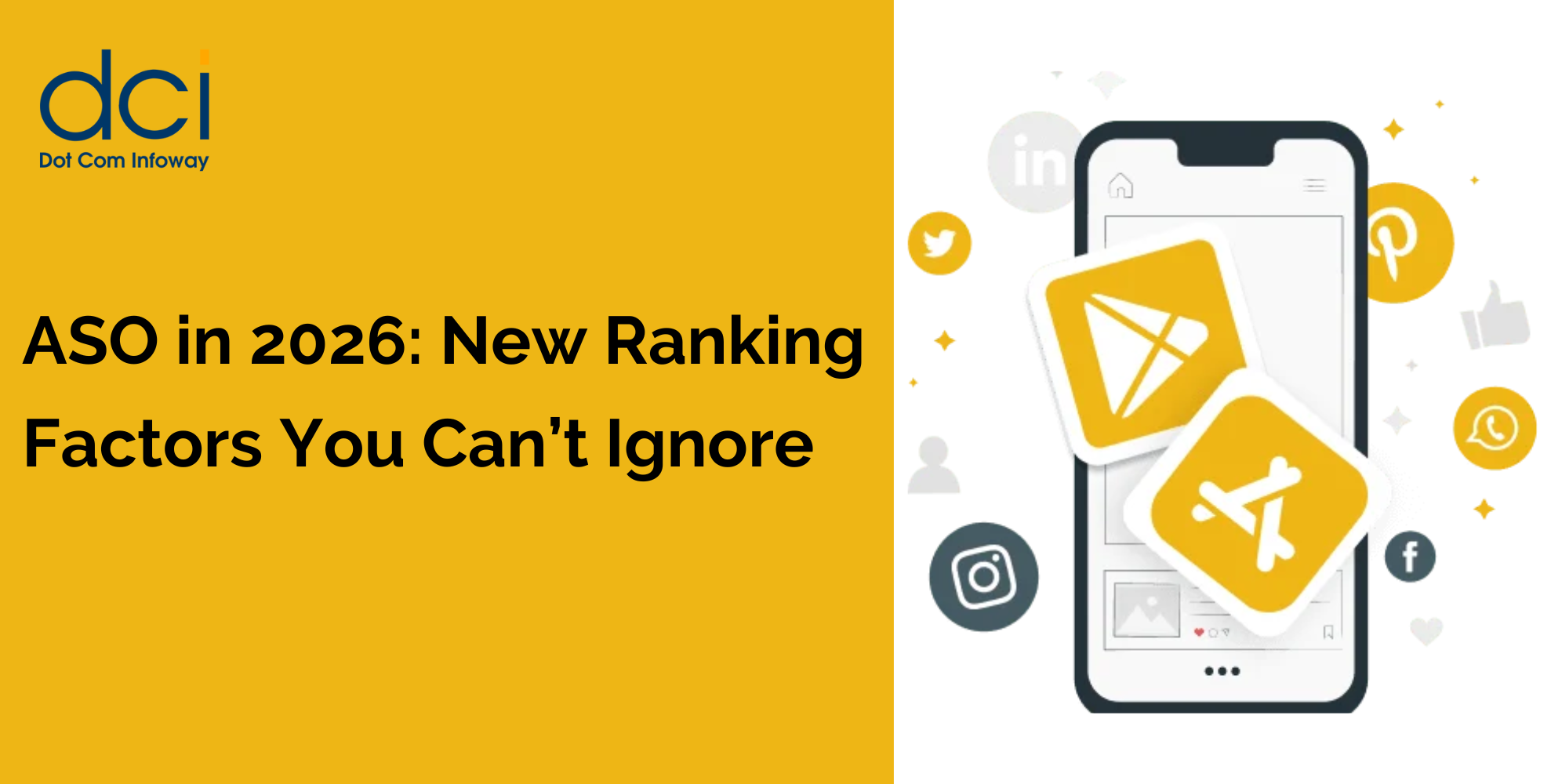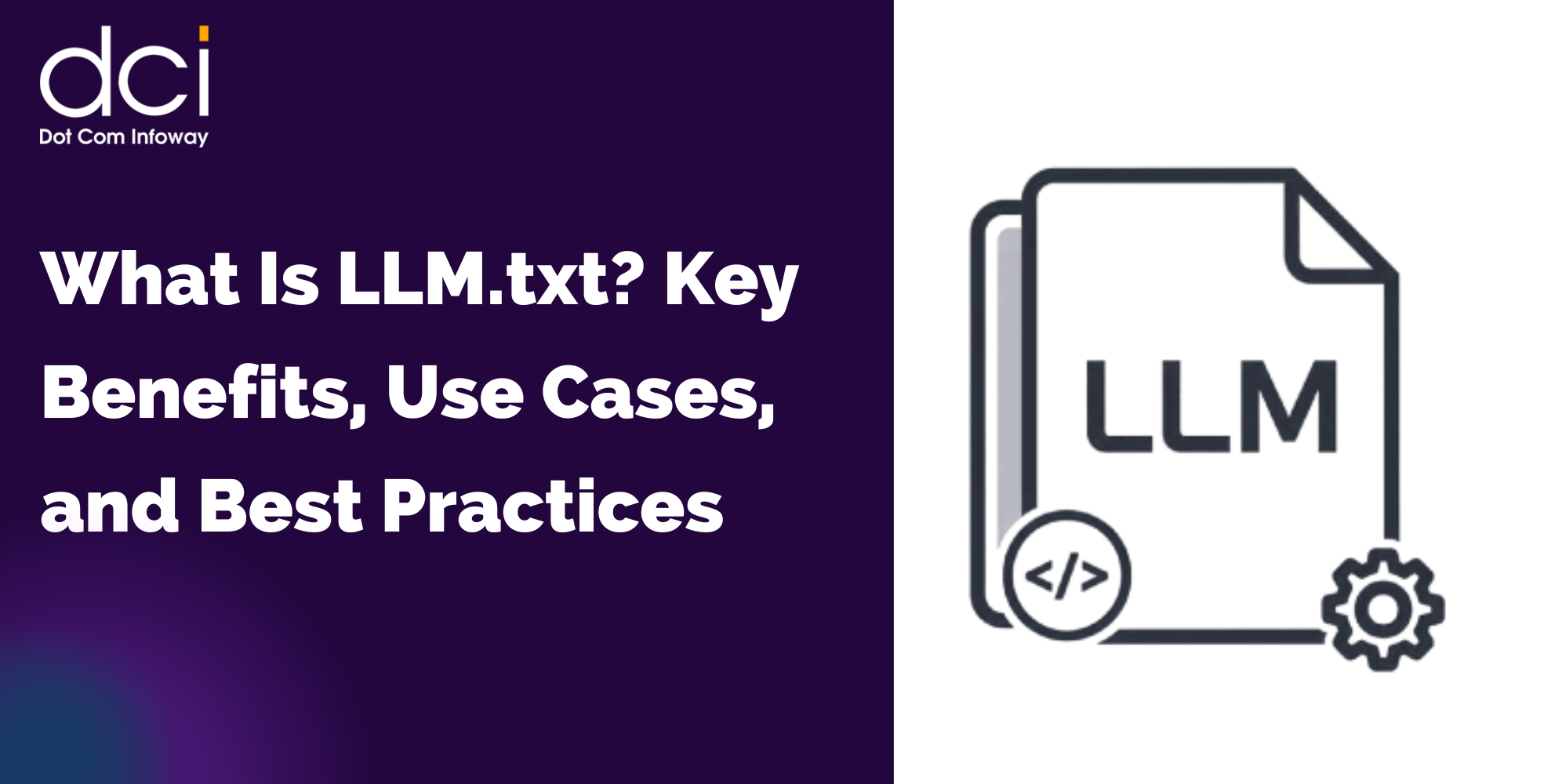The eternal question that keeps marketers up at night: Should you put your ad dollars into Google Ads or Meta Ads (formerly Facebook Ads)? With businesses spending over $200 billion annually on digital advertising, this isn’t just a casual choice it’s a strategic decision that can make or break your marketing Return On Investment (ROI).
After analyzing 2024 performance data, user reviews, and real-world case studies, here’s everything you need to know to make the right choice for your business.
Google Ads vs Meta Ads: Which Platform Delivers Better Results for Your Business in 2025?
12 mins read
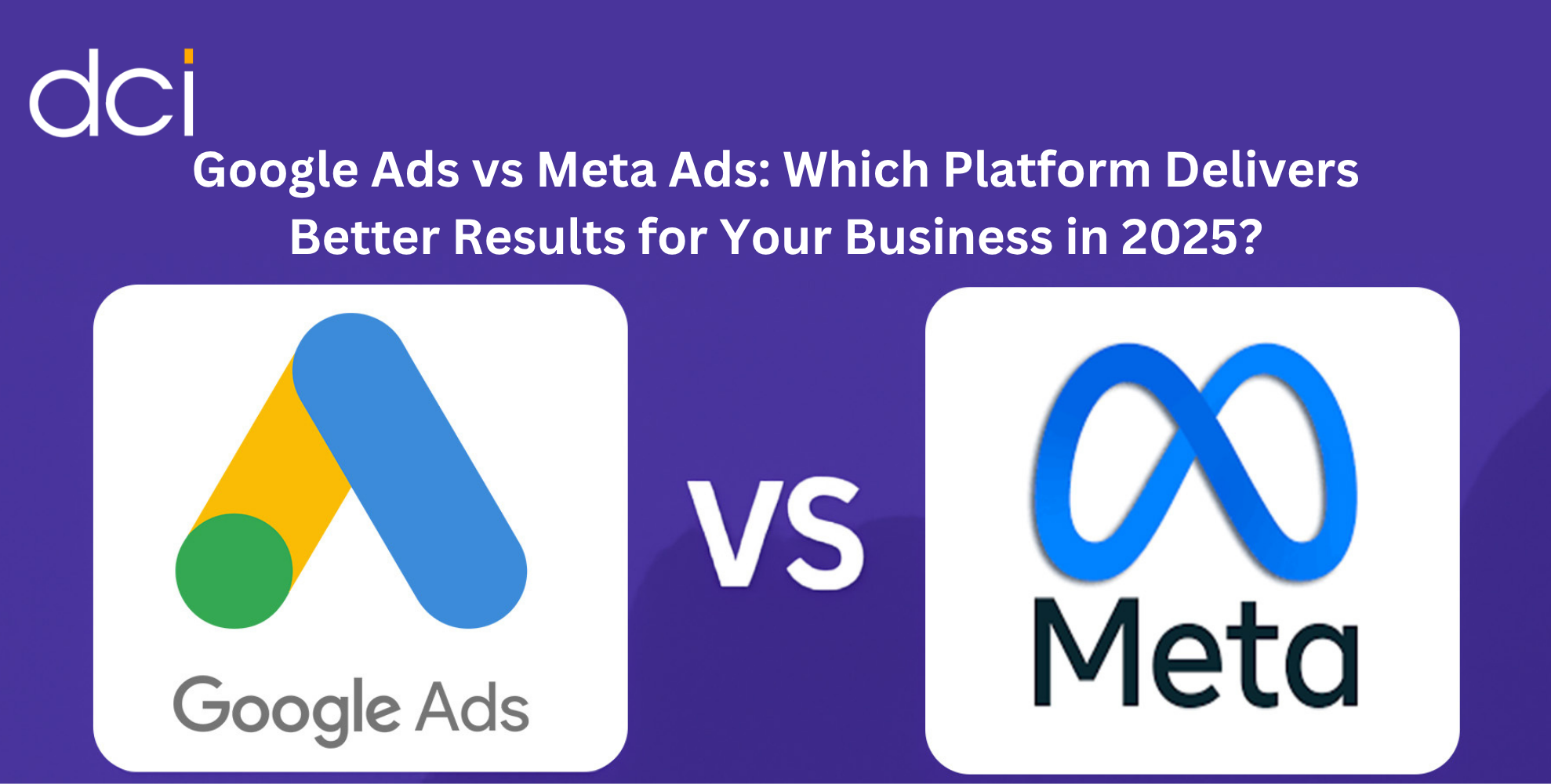
Google Ads vs Facebook Ads: Understanding the Core Differences
Think of Google Ads and Meta Ads as two completely different hunting strategies. Google Ads is like fishing where the fish are already biting—you’re capturing people actively searching for solutions. Meta Ads is more like casting a wide net in uncharted waters, discovering potential customers who didn’t even know they needed what you’re selling.
Google Ads operates on intent-based marketing. When someone searches “best CRM software for small business,” they’re not casually browsing—they have a problem and need a solution now. According to Google’s own data, businesses see an average ROI of 800%, meaning $8 return for every $1 spent.
Meta Ads thrives on interest-based discovery. It places your products in front of people based on demographics, behaviors, and interests while they’re scrolling through their social feeds. The platform leverages Meta’s extensive user data to create demand where none previously existed.
“Google Ads and Meta are the safe channels but which channels do you use that others are sleeping on?” – PPC professional on Reddit
Here’s where it gets interesting: Recent performance data shows these platforms are moving in opposite directions cost-wise. While Google Ads costs have been steadily increasing, Meta Ads costs have remained remarkably stable since 2021.
Google Ads for B2B: Why Search Intent Wins Enterprise Deals
The numbers don’t lie: Google Ads dominates B2B lead generation.
From our analysis of 2024 benchmarks, Google Ads delivers:
- Average CTR of 3.22% – significantly higher than industry averages
- Superior conversion rates for high-intent searches
- Average cost per lead of $66.69 across industries
But here’s what the data doesn’t show: the quality difference. B2B buyers on Google are typically further down the sales funnel. They’ve identified their problem, researched solutions, and are ready to evaluate vendors.
Case in point: A recent analysis of B2B SaaS companies showed that while Facebook can generate leads at $20-30 each, Google Ads leads convert to customers at 3x the rate, despite costing $60-80 per lead.
The LinkedIn Alternative Dilemma
Many B2B marketers ask: “What about LinkedIn?” While LinkedIn excels at targeting specific job titles and companies, Google Ads captures people at the moment of intent. When a decision-maker searches “enterprise accounting software comparison,” they’re not networking—they’re shopping.
Real user insight from Reddit’s r/PPC community:
“My experience has been that B2B Google Ads usually faces one of 2 problems: Very little traffic or very expensive clicks. But when you nail the targeting and messaging, nothing beats the intent-driven leads you get.”
Facebook Ads for B2C: Mastering Consumer Psychology Edge
Meta Ads excels where Google Ads struggles: creating demand and emotional connections.
The platform’s strength lies in its granular targeting capabilities:
- Demographics (age, location, income)
- Interests (hobbies, brands, entertainment preferences)
- Behaviors (purchase history, device usage, travel patterns)
- Life events (recently moved, got engaged, started a new job)
- Custom audiences (your existing customers)
- Lookalike audiences (people similar to your best customers)
2024 Performance Snapshot for Facebook Ads:
- Average CPC: $0.83 (significantly lower than Google’s $3-4.22)
- Traffic campaigns CTR: 1.57%
- Lead generation CTR: 2.53%
- Average conversion rate: 8.78% for lead campaigns
- Cost per lead: $21.98 (vs. Google’s $66.69)
The Discovery Advantage
Unlike Google, where users search with intent, Facebook users are in “discovery mode.” This presents a unique opportunity for brands to:
- Build brand awareness before competitors enter the consideration set
- Create emotional connections through visual storytelling
- Tap into impulse buying behavior with compelling creative
- Retarget website visitors across the entire Meta ecosystem
Industry insight from WordStream’s 2024 benchmarks: Real Estate (2.60% CTR), Arts & Entertainment (2.59%), and Travel (2.20%) see the highest engagement rates on Facebook traffic campaigns—all visually-driven industries that benefit from discovery-based advertising.
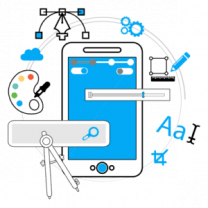
Ready to boost your website’s rankings and online visibility?
Discover how our expert SEO services can resolve ranking issues, drive traffic, and elevate your website’s performance to the next level!
Social Media Ads Cost vs Google Ads Pricing: What You’ll Actually Pay
Here’s where most comparisons get it wrong: cost per click is just the entry fee.
Google Ads Pricing Reality
- Average CPC: $3.00-$4.22 across industries
- High-intent keywords can cost $50+ per click (legal, insurance, finance)
- Quality Score affects pricing—better ads pay less
- Budget requirements: $1,000-$10,000/month for most small businesses
Meta Ads Pricing Advantage
- Average CPC: $0.83 for traffic campaigns
- Lead generation CPC: $1.88
- Lower barrier to entry—can start with $500/month budgets
- Stable costs: Unlike Google, Facebook costs haven’t inflated significantly
The hidden cost factor: Google Ads requires ongoing keyword research, bid management, and landing page optimization. Facebook Ads demand constant creative refreshing and audience testing.
“Facebook costs have remained relatively stable since 2021, while Google ad costs have been increasing for years. One possible factor is that Facebook’s user base has continued to grow for eight years running, whereas Google has recently begun to lose market share
B2B Advertising Platform Showdown: When Google Beats Meta
1. Complex Sales Cycles
B2B purchases often involve multiple decision-makers and lengthy evaluation periods. Google captures prospects at various research stages:
- Awareness stage: “what is a customer data platform”
- Consideration stage: “CDP vs CRM comparison”
- Decision stage: “Salesforce vs HubSpot pricing”
2. Professional Targeting Precision
Google’s intent-based targeting naturally filters for business users during work hours. Search queries like “enterprise software” or “B2B SaaS tools” indicate professional intent.
3. Integration with Business Tools
Google Ads seamlessly integrates with:
- Google Analytics for detailed attribution
- Google Workspace for lead management
- CRM systems through Customer Match
- Business intelligence tools for comprehensive reporting
Real user feedback from Reddit’s r/LeadGeneration:
“Google Ads has got to be the best possible marketing for B2B SaaS. The intent is there, the conversion rates are higher, and the leads actually turn into customers. Facebook Ads is pretty good too though for top-of-funnel awareness.”
B2C Advertising Comparison: Meta’s Consumer Psychology Edge
Facebook dominates B2C through behavioral targeting and social proof.
The Psychology of Social Commerce
Facebook users are inherently social, making them more susceptible to:
- Social proof through likes, comments, and shares
- Peer recommendations in the comments sections
- Influencer endorsements within the same feed
- User-generated content that builds trust
Visual Storytelling Advantage
Meta’s visual-first approach works perfectly for B2C products:
- Before/after transformations (fitness, beauty)
- Lifestyle imagery (fashion, travel, food)
- Product demonstrations through video content
- Carousel ads showcasing multiple products
2024 B2C Performance Leaders on Facebook:
- Real Estate: 3.71% CTR, $13.87 cost per lead
- Sports & Recreation: 3.74% CTR, $14.59 cost per lead
- Personal Services: 2.56% CTR, $20.49 cost per lead
The Impulse Purchase Factor
Facebook excels at converting browsers into buyers through:
- Dynamic retargeting for abandoned cart recovery
- Limited-time offers that create urgency
- Lookalike audiences that find new customers similar to your best buyers
- Shop integration for seamless purchasing
PPC vs Social Media Advertising: Choosing Your Primary Channel
The decision framework that actually works:
Start with Your Customer Journey
Bottom-funnel focused? Choose Google Ads
- Customers know what they want
- Ready to purchase immediately
- High-value transactions
- Professional services or urgent needs
Top-funnel opportunities? Choose Meta Ads
- Building brand awareness
- Introducing new products
- Targeting broad audiences
- Visual/lifestyle products
Budget Allocation Strategy
Most successful businesses don’t choose one platform—they use both strategically:
70/30 Split for B2B: 70% Google Ads, 30% Meta Ads
- Google captures intent-driven leads
- Facebook builds awareness and retargets prospects
50/50 Split for B2C: Equal investment for full-funnel coverage
- Facebook drives discovery and initial interest
- Google captures searchers ready to buy
Real User Experiences: G2 Ratings and Reddit Insights
Platform Satisfaction Scores
Google Ads on G2: 4.3/5 stars (1,964 reviews)
- Praised for: Reach, targeting precision, integration capabilities
- Criticized for: Complexity, rising costs, learning curve
Facebook for Business on G2: 4.2/5 stars (1,390 reviews)
- Praised for: User-friendly interface, visual ad formats, audience insights
- Criticized for: Organic reach decline, ad approval delays, account restrictions
What Reddit Users Really Think
From r/PPC on Google Ads:
“Google Ads can drive growth, but understanding how much to invest is crucial. A good monthly budget typically falls between $1,000 and $10,000 for most small businesses. However, the right amount depends on several factors, including your industry, goals, and market competitiveness.”
From r/FacebookAds on Meta’s 2025 outlook:
“Meta ads are the most powerful real estate in this attention economy right now. But like all goldmines this one won’t stay underused for long.”
The Veteran Perspective from r/marketing:
“I’ve managed millions in ad spend across both platforms… Google Ads functions like efficient grocery shopping—laser-focused on specific needs. Facebook ads resembles a leisurely stroll through every aisle, discovering products you didn’t know you needed.”
The Verdict: Which Platform Should You Choose?
The truth most “experts” won’t tell you: the best strategy isn’t choosing one platform—it’s using both intelligently.
Choose Google Ads When:
✅ High customer lifetime value justifies higher acquisition costs
✅ Urgent or immediate needs drive your business (emergency services, B2B software)
✅ Professional/technical products require detailed research
✅ Local business needs geographic targeting precision
✅ Established brand with existing search demand
Choose Meta Ads When:
✅ Visual products benefit from demonstration (fashion, food, fitness)
✅ New or innovative products need market education
✅ Broad target audiences allow for interest-based targeting
✅ Lower price points support impulse purchases
✅ Brand awareness is a primary objective
The Hybrid Strategy for Maximum Impact
Phase 1: Foundation (Month 1-3)
- Google Ads: Capture existing demand with branded and high-intent keywords
- Meta Ads: Build awareness with broad targeting and engaging video content
Phase 2: Optimization (Month 4-6)
- Google Ads: Expand to competitor keywords and longer-tail searches
- Meta Ads: Create custom audiences from website visitors and email lists
Phase 3: Scale (Month 7+)
- Google Ads: Implement Customer Match and similar audiences
- Meta Ads: Use lookalike audiences based on your highest-value customers
Getting Started: Your Next Steps
If you’re starting with Google Ads:
- Keyword research using Google’s Keyword Planner
- Set up conversion tracking before launching campaigns
- Start with exact match keywords to control costs
- Budget $30-50 per day minimum for meaningful data
If you’re starting with Meta Ads:
- Install Facebook Pixel on your website immediately
- Create engaging video content for your first campaigns
- Use detailed targeting initially, then test Advantage+ audiences
- Budget $20-30 per day minimum per ad set
For the hybrid approach:
- Allocate 60% to Google, 40% to Meta for most businesses
- Use Facebook for awareness, Google for conversion
- Implement cross-platform retargeting for maximum efficiency
- Track customer journeys across both platforms for proper attribution
Remember: The best advertising platform is the one where your customers spend their time and attention. Test both, measure everything, and optimize based on your actual results, not industry averages.
Latest Posts
Get the latest insights from Dot Com Infoway straight to your inbox.





![The Game Marketing Guide: Pre and Post-Launch Strategies [Infographic]](https://www.dotcominfoway.com/wp-content/uploads/2023/09/DCI-Game-Marketing-blog-1.jpg)
